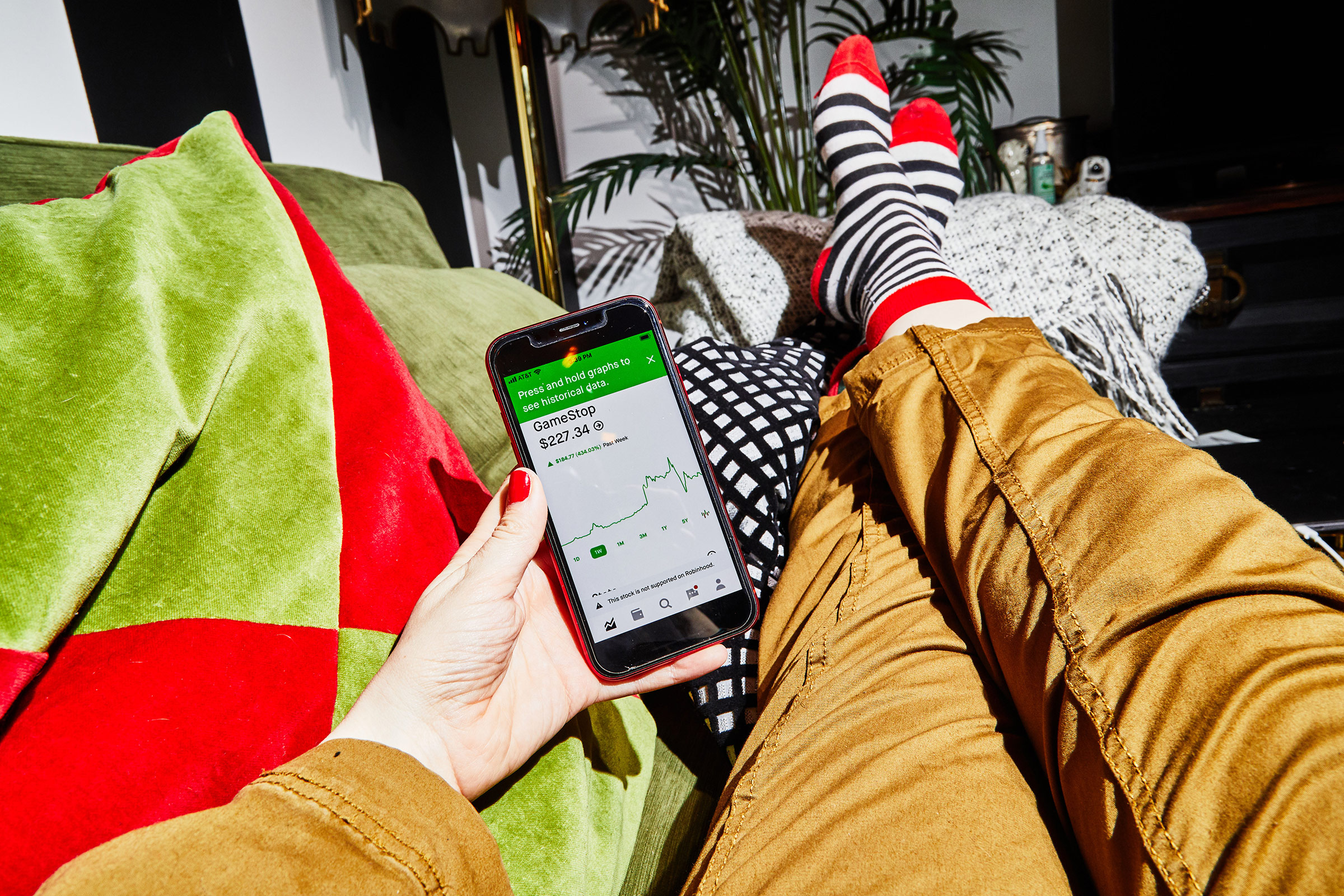What happens when you democratize access to the stock markets? Robinhood, a no-commissions trading app, has been finding out—for better and for worse. On the one hand, the company’s fee-free structure and easy-to-use design have earned it more than 13 million users and a valuation approaching $12 billion; Robinhood has also filed to go public in the next few months. On the other, it was slapped with a $65 million SEC fine for misleading business practices, and some critics say its low barrier to entry and gamelike design encourage inexperienced traders to take big risks. Those concerns came to a head in January, when investors used Robinhood and other platforms to trigger a spike in shares of retailer GameStop. While some profited, many eventually wound up in the red. New regulations may emerge in the aftermath, but it’s clear that apps like Robinhood have changed the trading game forever.
- The 100 Most Influential People of 2024
- Coco Gauff Is Playing for Herself Now
- Scenes From Pro-Palestinian Encampments Across U.S. Universities
- 6 Compliments That Land Every Time
- If You're Dating Right Now, You're Brave: Column
- The AI That Could Heal a Divided Internet
- Fallout Is a Brilliant Model for the Future of Video Game Adaptations
- Want Weekly Recs on What to Watch, Read, and More? Sign Up for Worth Your Time
